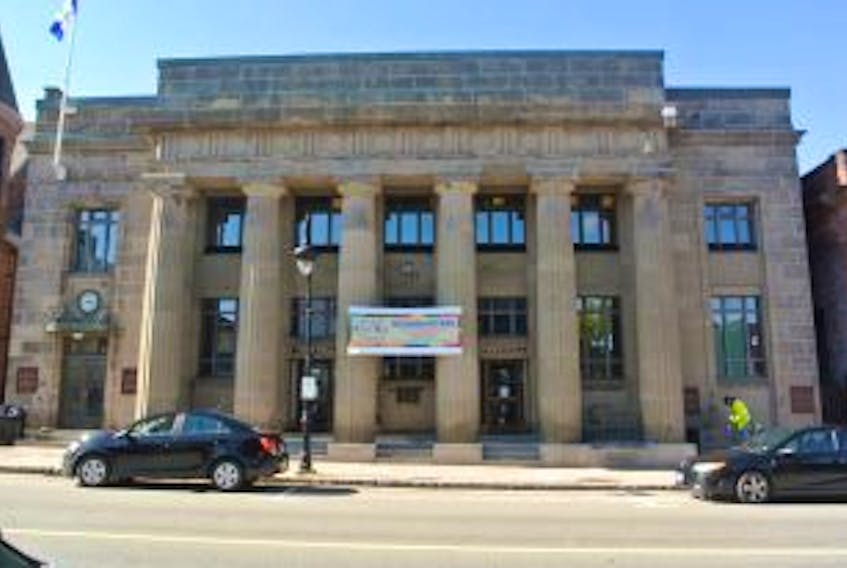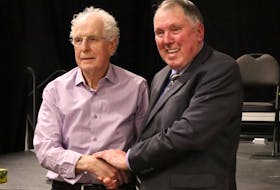AMHERST – Voters in Amherst will have a new way to cast ballots in the 2020 municipal election.
Amherst council passed an alternative voting bylaw during its regular March council meeting on Monday that will allow for internet and telephone voting during advanced, but will stick with paper ballots on election day.
“There will be an extended period during the advanced poll by internet and telephone while on election day it will be by paper ballot only,” Amherst CAO Greg Herrett said following the council meeting.
Amherst considered using alternative voting measures in 2012, but council would not support it. In 2016, just prior to the last municipal election, another motion to use electronic voting during advanced polling was also defeated over concerns with how safe and secure an electronic system would be compared to the traditional method of voting.
Several councillors, including former councilor George Baker and Terry Rhindress, did not feel the extra cost of doing a combination election was worth it.
The vote on Monday was unanimous with Rhindress supporting the measure this time.
Mayor David Kogon said allowing people to cast ballots in a different way may entice those who don’t normally vote to go to their computers or telephones to cast a ballot.
“I can’t comment on why previous councils made the decisions they did, but we feel we’re being progressive and we want to try to make voting easier to try to increase voter turnout,” Mayor David Kogon said. “It’s the way of the future.”
Herrett said a lot of ground has been covered by other municipalities with electronic voting and town staff have completed a lot of research on how the system works. He pointed out there are two years before the next election to set the system up.
“All of those lessons learned will help us with the process,” Herrett said.
Returning officer Kim Jones said 16 municipalities used one form of electronic voting or another during the 2016 election. While there were some issues, for the most part it was a smooth process.
“Most of the issues were with people, not the process,” Jones said.
Twitter: @ADNdarrell









